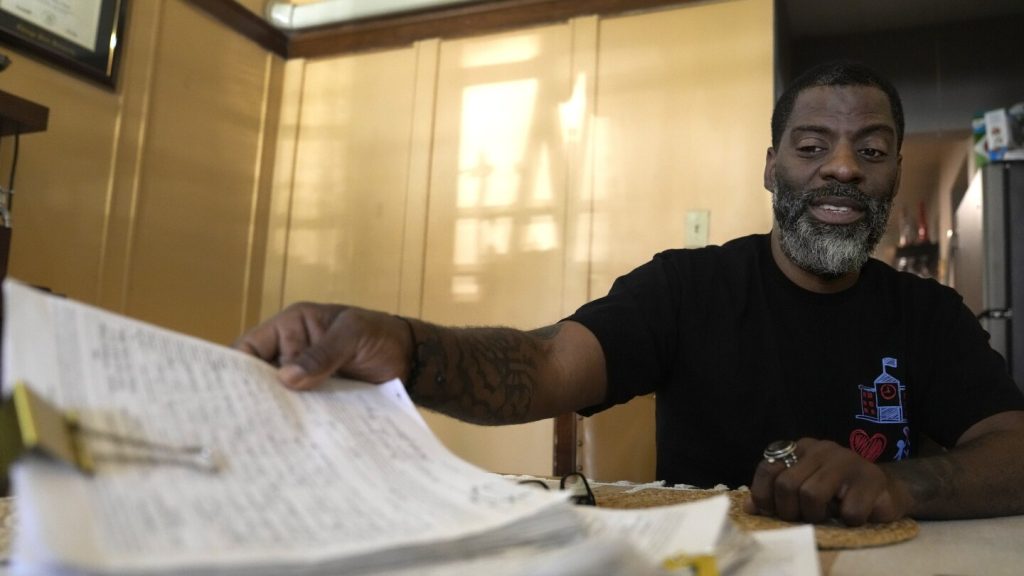Chicago is preparing for its first school board elections this fall, with an eclectic mix of possible candidates lining up to run. The city has long had a mayor-appointed board overseeing its public schools, and the move to an elected board has been years in the making. Special interest groups are taking notice of the historic races, which are part of a multi-year transition that has many residents confused about the process.
Candidates are circulating petitions and trying to educate voters about the upcoming contests. Many of the hopefuls are parents, advocates, and former educators who are entering politics for the first time. The logistics of the elections, including political maps, were not settled until March, and the board won’t be fully elected until 2027. Residents will be divided into 10 districts, with voters choosing board members to take office next year.
Chicago’s Board of Education has a significant role in passing the school district’s budget, confirming a CEO, and approving policies and contracts. The push for an elected board gained momentum after former Mayor Rahm Emanuel closed over 50 schools in 2013, leading to increased interest in representation. The Chicago Teachers Union sees this change as a voting rights issue that brings neglected communities to the decision-making table.
A fellowship program through National Louis University is helping to train potential board members for the upcoming elections. Candidates face challenges such as a truncated campaign season and the fact that the positions are unpaid. At least 1,000 signatures are required to get on the ballot, making it difficult for some candidates to qualify. The elections are expected to have low voter turnout, but endorsements from influential groups, such as the teachers’ union, could sway the results.
National issues could also influence the races, with outside organizations already pouring money into down-ballot school elections in Chicago. Charter school groups and former education officials are getting involved, and the board’s size has raised concerns about political infighting. The transitioning board of 21 members is larger than those in other major cities, leading to questions about how it will operate and make decisions. Legislative changes, including campaign finance reform, could follow the implementation of the elected board.
The upcoming school board elections in Chicago are a significant moment for the city’s public education system. With a diverse group of candidates vying for seats, the races are attracting attention from various interest groups and residents alike. The transition to an elected board marks a new era for governance in the school district, and the process is expected to bring new voices to the decision-making table. As the candidates prepare for the November elections, the city is set to witness a pivotal moment in its education policy and governance.


